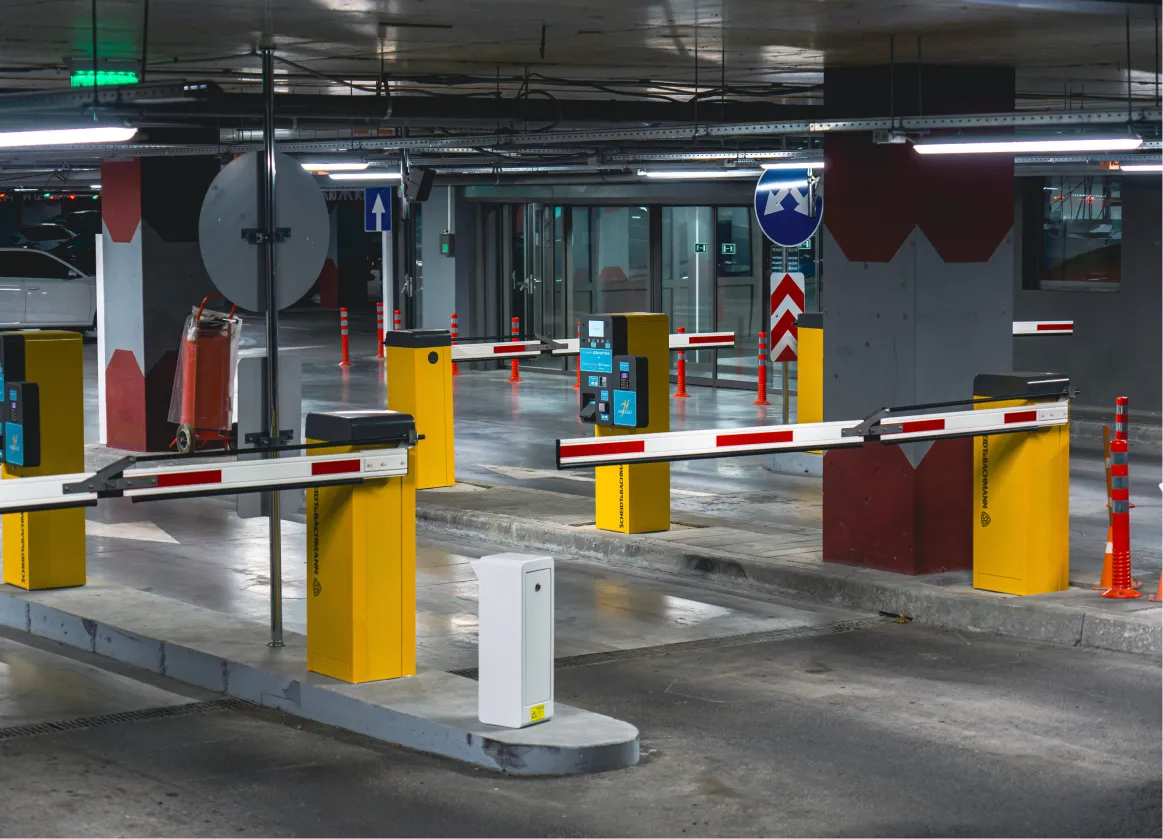So, you’re looking for a parking solution for your municipality. You’ve explored some possibilities and identified that it could really benefit from going digital—quick, secure communication systems complete with mobile eTicketing, virtual permits and processing, maybe even License Plate Recognition and digital chalking. But standing in your way is one necessary but notoriously lengthy and laborious process: the Request for Proposal (RFP).
The case for alternative procurement
If you’ve ever had to see an RFP through from start to finish, you know exactly how and why it can be a massive pain. From defining requirements and drafting the document to conducting evaluations, making a selection, and finalizing the contract, every step takes significant time and consideration. At its core, the traditional RFP process poses three big drawbacks:
- It’s long and drawn-out.
- It commonly includes information unnecessary to finding resolution, which often means wasted time and money when compiling and drafting.
- It neglects to acknowledge overlap between similar entities with similar needs.
Long story short, RFPs are far too bureaucratic for their own good. While they do a great job of establishing standardization for response, creating a clear outline of the objective and criteria, and providing equal opportunity for submission, they’re just too clunky to be efficient. More times than not, undertaking this process saddles the writer and/or project owner with a lot of hoops to jump through and a timeline that’s more of a hindrance than it is helpful. While it may be standard practice and provide benefits in the long run, the RFP process can often distract from your core issue of finding a parking solution that will improve your city’s revenue, meet compliance, and make parking more efficient and convenient for both constituents and enforcement alike. Fortunately, there’s a much better way to meet those needs that doesn’t involve having to go through all the laborious RFP procedures: NPPGov.
The NPPGov Solution: What it is and how it works
NPPGov is a national cooperative procurement organization that offers publicly-solicited contracts to government entities in an effort to shortcut the often lengthy and convoluted RFP process. With the help of a Lead Public Agency (LPA), NPPGov allows procurement teams to easily piggyback on previously established contracts—which means no drafting, issuing, creating criteria, evaluating, or handling the intricacies of the paperwork. So how does it all work? Let’s take a look.Let’s stick to a realistic example you’re already likely facing: finding a comprehensive parking solution for your municipality.Previously, this would mean your procurement manager would have to follow the traditional RFP process: outline the city’s needs, create requirements for materials and service, develop a system of awards to qualify the most appropriate candidates, draft the document, go through the evaluation process, make a final selection, and complete the contract. By contrast, NPPGov and their accompanying LPA can do all of this legwork for you.After signing up for a free NPPGov membership online, you’re able to explore all previously established contracts that have already been approved through the RFP process. This means the appropriate Lead Public Agency has already created a Request for Proposal for a comprehensive parking enforcement solution, created an award system, publicly solicited applicants, selected the most appropriate candidates, and created contracts for them. Since several vendors are often selected, you’d simply need to explore contracts under the relevant category, seek out contracts most applicable to your municipality’s needs, review any necessary resources—such as a synopsis, the RFP itself, any reference letters from other municipalities, or the vendor’s website—and make a selection. Then, once you sign an intergovernmental agreement with the LPA, you’re able to piggyback on the most appropriate contract, getting you from defining your need to signing a final contract and maximizing your time and effort in finding a solution, all in far less time.

.svg)




.png)

.webp)